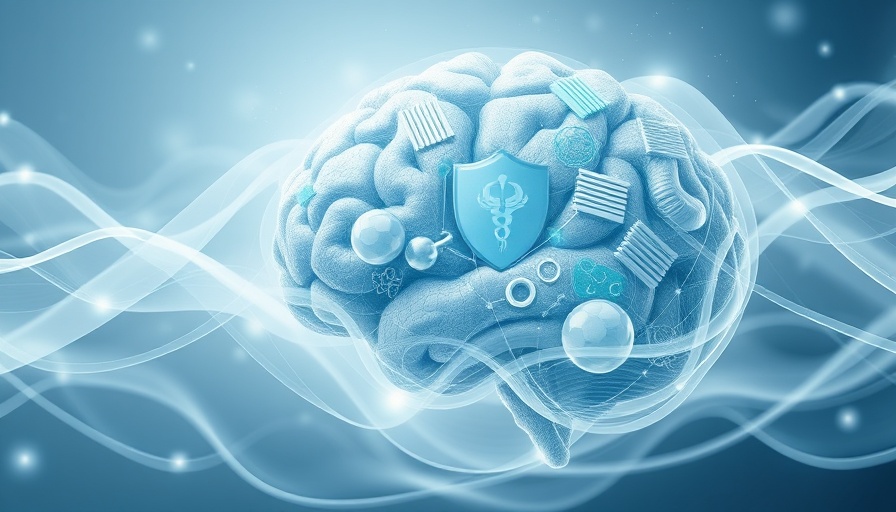
The Transformative Role of AI in Home Care
As our population ages, the demand for effective and compassionate home care solutions grows. Recent observations highlight how artificial intelligence (AI) is reshaping this industry, enhancing care services, and improving overall quality of life for seniors. This year, we took a deep dive into the ongoing research on AI's future applications in home care, revealing promising trends and innovative applications.
Observation 1: AI Enhances Personalization in Care
One of the standout observations is AI's ability to deliver personalized care services tailored to individual needs. AI can analyze vast amounts of data from wearables, medical records, and patient feedback, allowing caregivers to create customized care plans. With technology like smart sensors and AI-driven health monitors, caregivers can receive alerts regarding their patients' health status in real-time, leading to quicker responses and better health outcomes.
Observation 2: Streamlined Care Coordination
The integration of AI tools simplifies communication between different healthcare providers. This ensures that all members of a patient’s care team are aligned and informed. By minimizing miscommunication, AI greatly enhances the efficiency of care delivery, making it easier for caregivers to focus on providing quality support rather than managing paperwork. This streamlining of processes is vital as coordination complexities often plague the healthcare system.
Observation 3: Increased Accessibility Through Technology
The findings showcase that AI can bridge geographical gaps, providing access to care for seniors in remote areas. Telehealth services, enhanced by AI diagnostics, allow specialists to consult with patients from afar, ensuring that quality care is no longer confined to urban healthcare centers. This accessibility is vital, considering the increasing number of elders who prefer to receive care in their own homes.
Observation 4: Emotional Connection via AI Companions
Another fascinating finding is the rise of robotic companions powered by AI. These devices can help combat loneliness in seniors, providing not only companionship but also engaging interactions that stimulate mental activity. Companies are investing more in developing empathetic AI that can recognize emotional cues and respond appropriately. This development reflects the growing recognition of mental health's importance in comprehensive elder care.
Observation 5: Ethical Considerations and Challenges
Despite the advantages AI offers, there are substantial ethical considerations that must be addressed. Privacy concerns regarding sensitive health data and the potential for biased algorithms raise questions about the implementation of AI in home care. Ongoing discussions among technologists, ethicists, and healthcare professionals are essential to navigate these complexities responsibly and ensure that advancements truly benefit the seniors they aim to serve.
Conclusion: Navigating the Future of AI in Home Care
The future of AI in home care looks promising and multifaceted, offering numerous improvements in personalization, coordination, and accessibility. As technology progresses, it is crucial for stakeholders in the healthcare sector to continuously engage in ethical discussions and assessments of AI's impact. The integration of these solutions can lead to transformative benefits for seniors, enhancing their quality of life while ensuring they receive the respectful, compassionate care they deserve.
 Add Row
Add Row  Add
Add 




Write A Comment